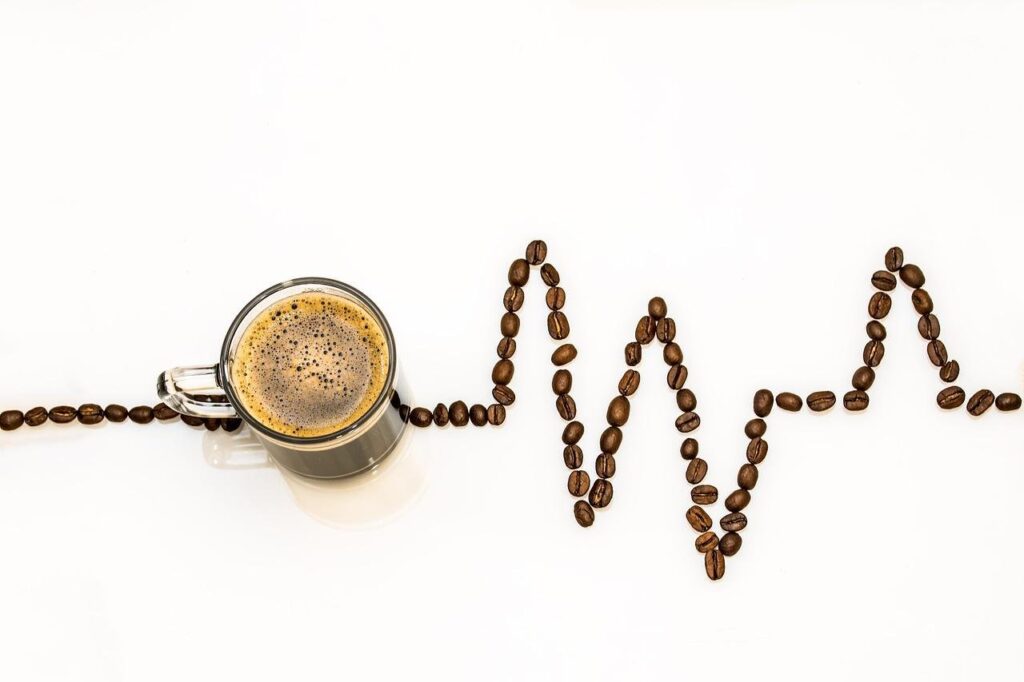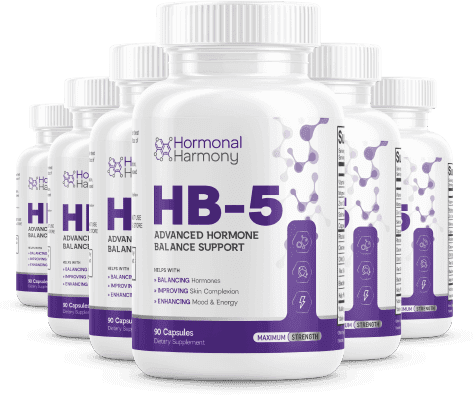


If you cannot make it through the day without having a shot or two of caffeine, your unexplained hypoglycemia may be caused by a condition called adrenal fatigue. You may be experiencing hypoglycemia symptoms and not know why. You know you always eat when you are supposed to and do not overindulge in sweets. Still, hypoglycemia is becoming quite the problem in your life.
Investigate the possibility that you may be suffering from adrenal fatigue. Discovering that you have this disorder may be the ticket to learning how to live a stress-free life. Living a stress-free life is important for you to be able to function on a daily basis to the best of your ability. Every aspect of your life is affected when you are stressed.
Stress is one of those things that creep up on you slowly. Then all of a sudden it has gotten a hold of you and you find yourself in trouble.
You need to determine what the major source of your stress is. Are you getting the correct amount of sleep at night? Do you eat right? Are you exercising at least 30 minutes every day? Is your day full of negative emotions and anxiety? If you have answered yes to any of these questions then you probably need to fortify yourself by drinking caffeine several times a day.
If you cannot think clearly unless you have caffeine, hypoglycemia may be the real culprit. Instead of drinking a caffeinated beverage, try eating a healthy snack of raw veggies or a piece of fruit and maybe some yogurt in the middle of your day for a nice pick-me-up.
Hypoglycemia is often a result of adrenal fatigue because the adrenal gland does not produce the correct levels of epinephrine, norepinephrine, and cortisol to aid the body in the battle against stress. This happens because the caffeine revs up the adrenal glands until they just give up. And because these hormones are now not at the correct levels in the body, you may find you crave sugar and sweets and even crave caffeine.
This has helped more than 12,476 women and men torch unhealthy fat, flatten their bellies and feel confident in their own skin.
… Without crash diets, endless exercise or even leaving the house!
It’s been verified by peer-reviewed studies published in the Journal of Obesity and the American College of Endocrinology…
But this simple, amazing fix has been hidden by the $80 billion weight loss industry whose entire business relies on you never losing a single pound.
This 30-second fix can help you to:
Do you eat fast or slow? If you just absolutely get so hungry you can hardly stand it and then when food is available you eat as if someone is going to take it away from you, you may be suffering from hypoglycemia. If you get real shaky and irritable before you eat also, you may be experiencing low blood sugar.
Pay attention to how you feel right after you eat and then an hour or two later. Does your energy crash and burn after a couple of hours? You may be short on cortisol. Not only does cortisol help you survive the stress in your life, it also helps prevent too much glucose from being absorbed by your blood cells. This is also how cortisol adds to belly fat, the glucose is not used by your blood cells and the insulin will store the excess sugar as fat and deposit that fat in your belly.
If you feel you have adrenal fatigue or have been diagnosed with it, you should get off caffeine, reset your hormones, start exercising, and cut out carbs as much as possible.
Diet For Hypoglycemia
A good diet for hypoglycemia is just the same as it would be if you want to lose some weight. Low carb, high protein. This is the best way to treat your hypoglycemia. If you make the changes you need to make in your diet then you may be able to improve or even eliminate your hypoglycemia.
If you cut the carbs then you should improve your situation dramatically. Eliminate or at least cut down on your intake of alcohol. Alcohol can greatly affect the frequency of hypoglycemic instances.
UNITY: New Diet Blockbuster!!!
Feel Great!
Look Incredible!
Power
Unity-this incredible formula brings together more natural detoxifying ingredients than any other.
Strength
Unity is a natural supplement containing powerful antioxidants that help support detoxify your body and support weight loss.
Safety
Decrease the amount of sugar in your diet. Stop drinking pop. Pop has no place in a diet for hypoglycemia. Cut down your use of white sugar, also. But do not just blindly start drinking diet pop, either, diet pop is poison and the chemical used in diet pop will actually trick your body into staying fat.
Caffeine is another aspect of your diet that you should limit or even eliminate. Caffeine will actually help you feel full or at least less hungry and therefore you will not eat the way you should. Caffeine will also raise your blood sugar! Caffeine is never a substitute for a good meal.
These are the important changes that you should try to make and stick with when learning to deal with your diagnosis of hypoglycemia or even diabetes. Stay positive and don’t think of this as things you can no longer have. Think of this as an adventure in finding out all the new things you can have. When your blood sugars have stabilized then you can probably even reintroduce some of the old things you used to love, just in moderation from now on.
Having diabetes or hypoglycemia is not a death sentence unless you choose to not do what is necessary to control it. Then you could find yourself in trouble. Big trouble. Symptoms for mild to moderate hypoglycemia are nausea, chills, cool, clammy skin, sweating, hunger, heart palpitations, irritability, anxiousness, confusion, blurry vision, and dizziness. Severe hypoglycemia can lead to loss of consciousness, seizures, coma, and death if left untreated.
Following a good diet for hypoglycemia can help you lessen your risk for complications and even lessen your risk for becoming a full-blown diabetic. If you are or do become a full-blown diabetic then you will have other things you will need to concern yourself with. It is common for diabetics to have decreased blood flow to their extremities. When this happens it can lead to ulcers and other skin conditions. If serious enough the decreased blood flow could lead to tissue death and the need for amputation.


